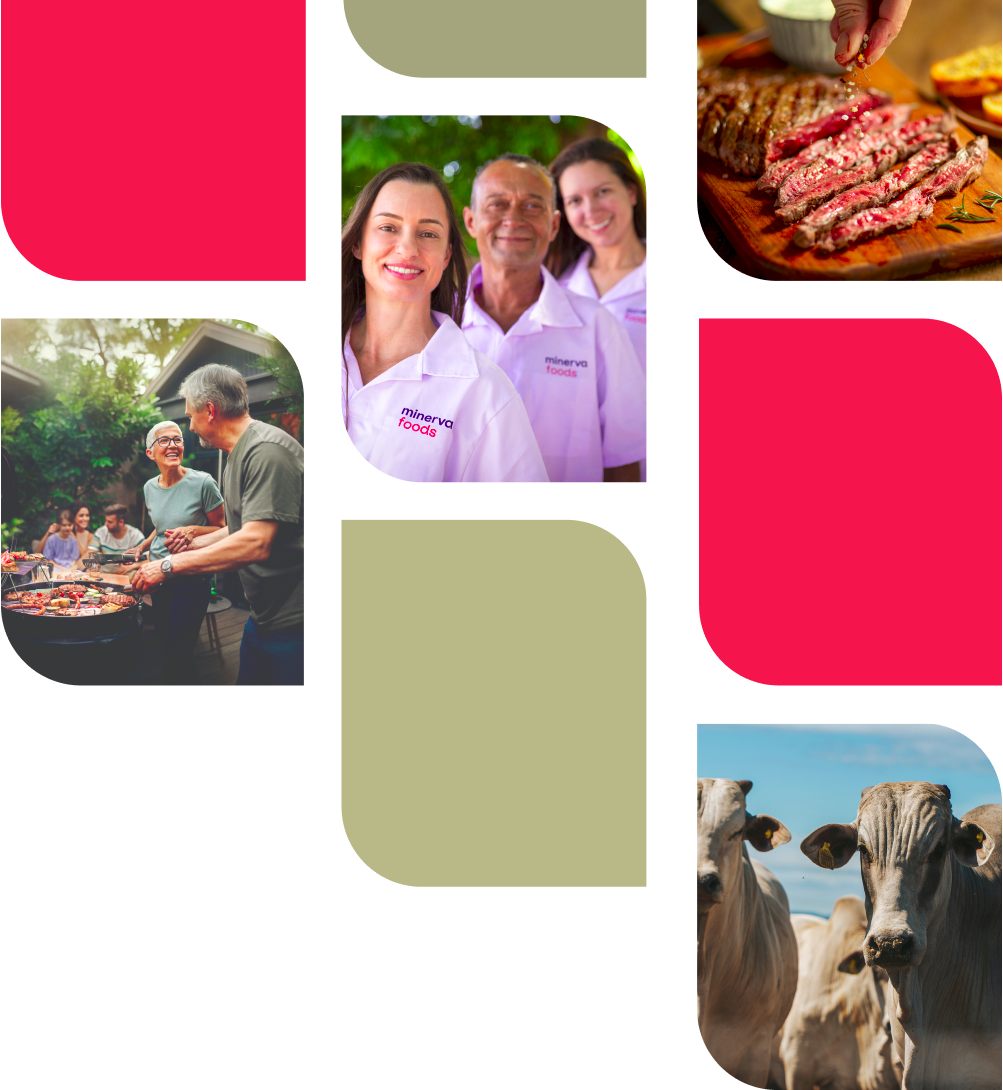
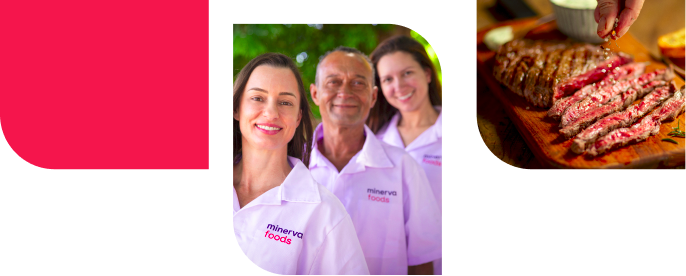
ESG Metrics and Insights
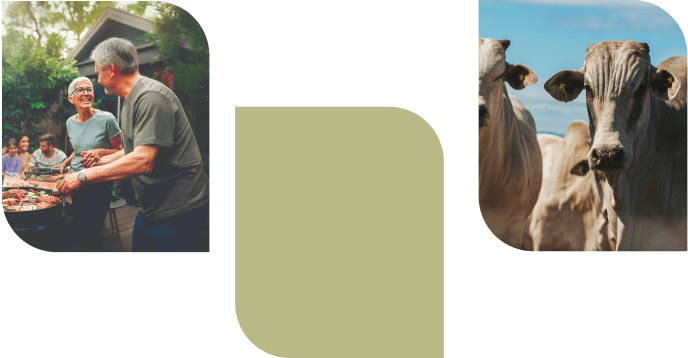
Sustainability Report
At Minerva Foods, we’re all about openness and accountability. Our Sustainability Report lays out the strides we’ve made in building a business that’s modern, adaptable, and deeply committed to sustainability. Crafted with top-tier reporting standards, this isn’t just a collection of data—it’s a reflection of our mission of creating connections between people, food and the nature in meaningful ways.
Download the full Sustainability Report as a PDF, or listen to the audio version for a quick overview.
-
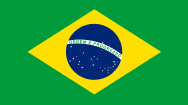 Português
Português -
 Português
Português -
 Português
Português -
 Português
Português -
 Português
Português -
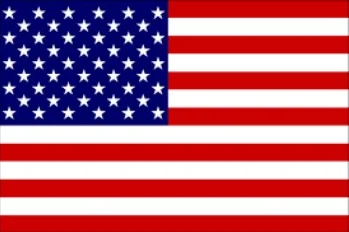 English
English -
 English
English -
 English
English -
 English
English -
 English
English -
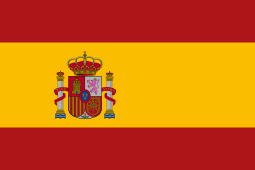 Español
Español -
 Español
Español -
 Español
Español -
 Español
Español -
 Español
Español -
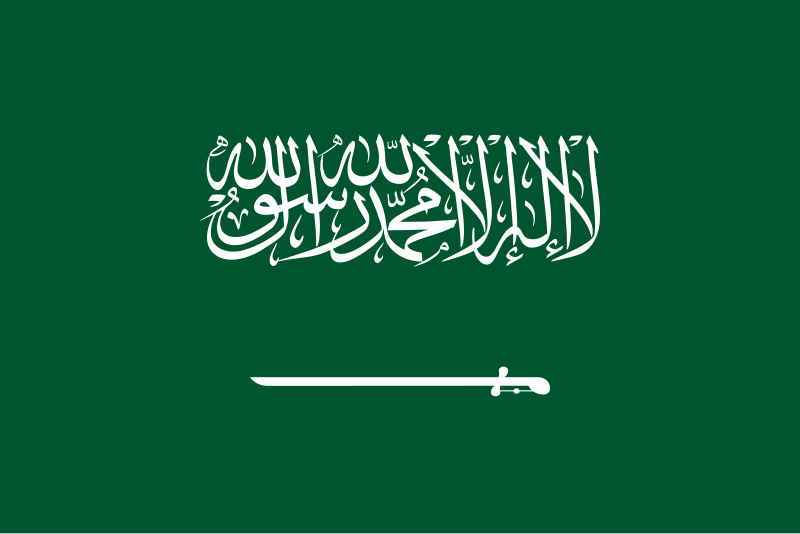 العربية
العربية -
 العربية
العربية -
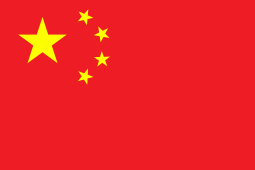 简体中文
简体中文 -
 简体中文
简体中文 -
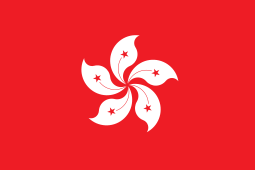 繁體中文
繁體中文 -
 繁體中文
繁體中文
Animal welfare Report
Our Animal Welfare Report at Minerva Foods showcases our dedication to doing things right. It pulls together data and metrics on our best-in-class practices for animal handling, transportation, and processing across our own facilities and supply chain. This report highlights why we’re a trusted partner for markets that prioritize responsibility, transparency, and unmatched quality.
Download the complete PDF for more information.
-
 Português
Português -
 Português
Português -
 English
English -
 English
English -
 Español
Español -
 Español
Español
Metrics and Reports
Indicator Center
Explore our comprehensive database of historical metrics, aligned with leading frameworks like the Global Reporting Initiative (GRI), Sustainability Accounting Standards Board (SASB), Task Force on Climate-related Financial Disclosures (TCFD), and World Economic Forum (WEF). These are tied to the United Nations Sustainable Development Goals (SDGs) and our own Sustainability Commitment at Minerva Foods, giving you a clear view of our progress.
CDP – Carbon Disclosure Project
2024 CDP Questionnaire covering climate change, forests, and water security.
NFRD – Non-Financial Reporting Directive
2023 Non-Financial Results Report (NFRD) for our Durazno operation in Uruguay
Contact us
Want to learn more about Minerva Foods products? Contact us by phone or send us a message.

 Download
Download